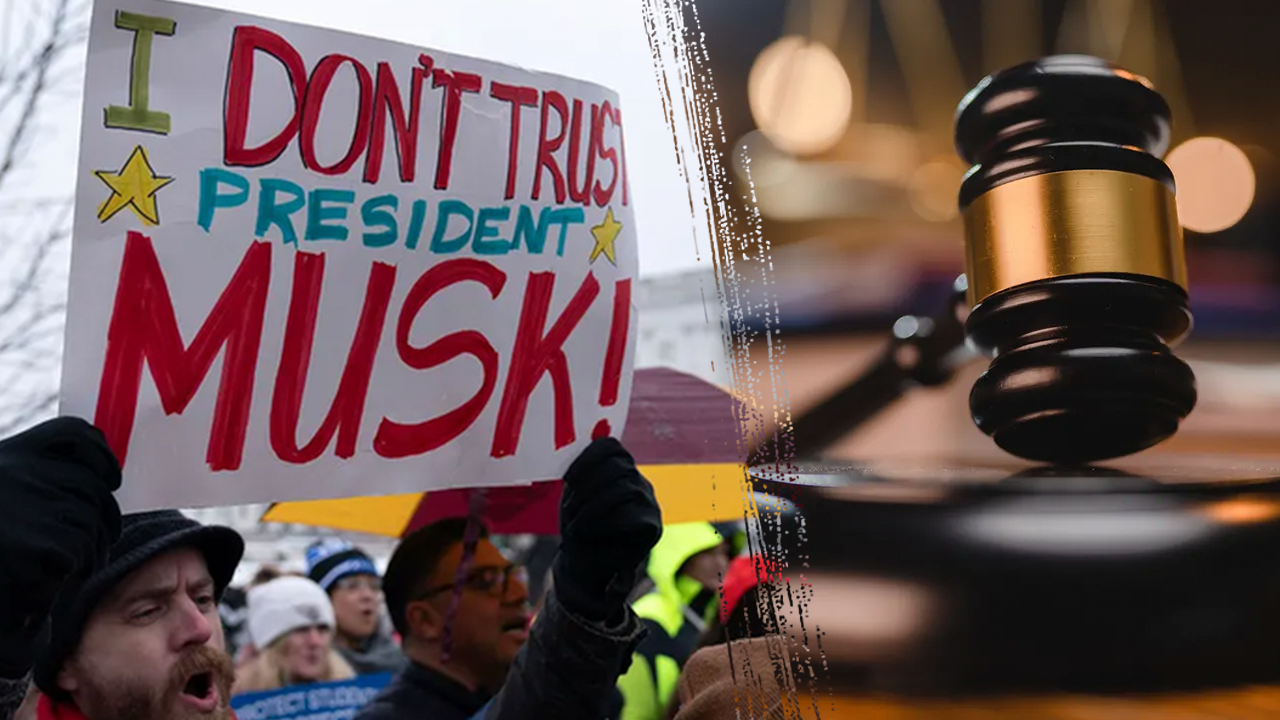Dozens of lawsuits seek to quash Trump’s early actions as president. It might not matter.

The Trump administration’s lawyers have been busy this month battling numerous legal challenges in court, and so far, most judges have not granted the requests brought forth by legal groups, labor organizations, and other plaintiffs.
According to Fox News legal editor Kerri Kupec Urbahn, judges have been rightfully dismissing these lawsuits due to lack of jurisdiction or failure to prove harm. Over 80 lawsuits have been filed seeking to block or reverse some of Trump’s controversial actions and executive orders, but most have been rejected for emergency relief by federal judges.
The legal challenges have been criticized by some as a way to bypass the administrative appeals process and take their grievances directly to the courts. While there is a review process for agency-specific actions, challenging executive orders or presidential actions is more difficult.
The courts are tasked with determining whether to let stand the orders or actions in question, and plaintiffs must prove irreparable harm to obtain a temporary restraining order. Judges have been cautious in granting emergency relief, requiring both parties to present a fuller argument for preliminary injunctions at a later date.
Despite the near-term victories for the Trump administration, legal experts caution against premature celebrations. While the courts have rejected emergency restraining orders, the slow-moving legal challenges are a natural part of the process.
Plaintiffs must show evidence of immediate, irreparable harm to satisfy a TRO request, a difficult burden to meet, especially for actions that have not yet taken effect. The Trump administration’s ban on birthright citizenship is one exception, where judges ruled in favor of plaintiffs citing real harm to children born in the U.S.
Overall, the landscape of TROs and preliminary injunctions may seem extraordinary, but it highlights the potential unlawfulness and harm of government actions. The legal battles are far from over, and the courts will continue to play a pivotal role in deciding the fate of Trump’s agenda.




